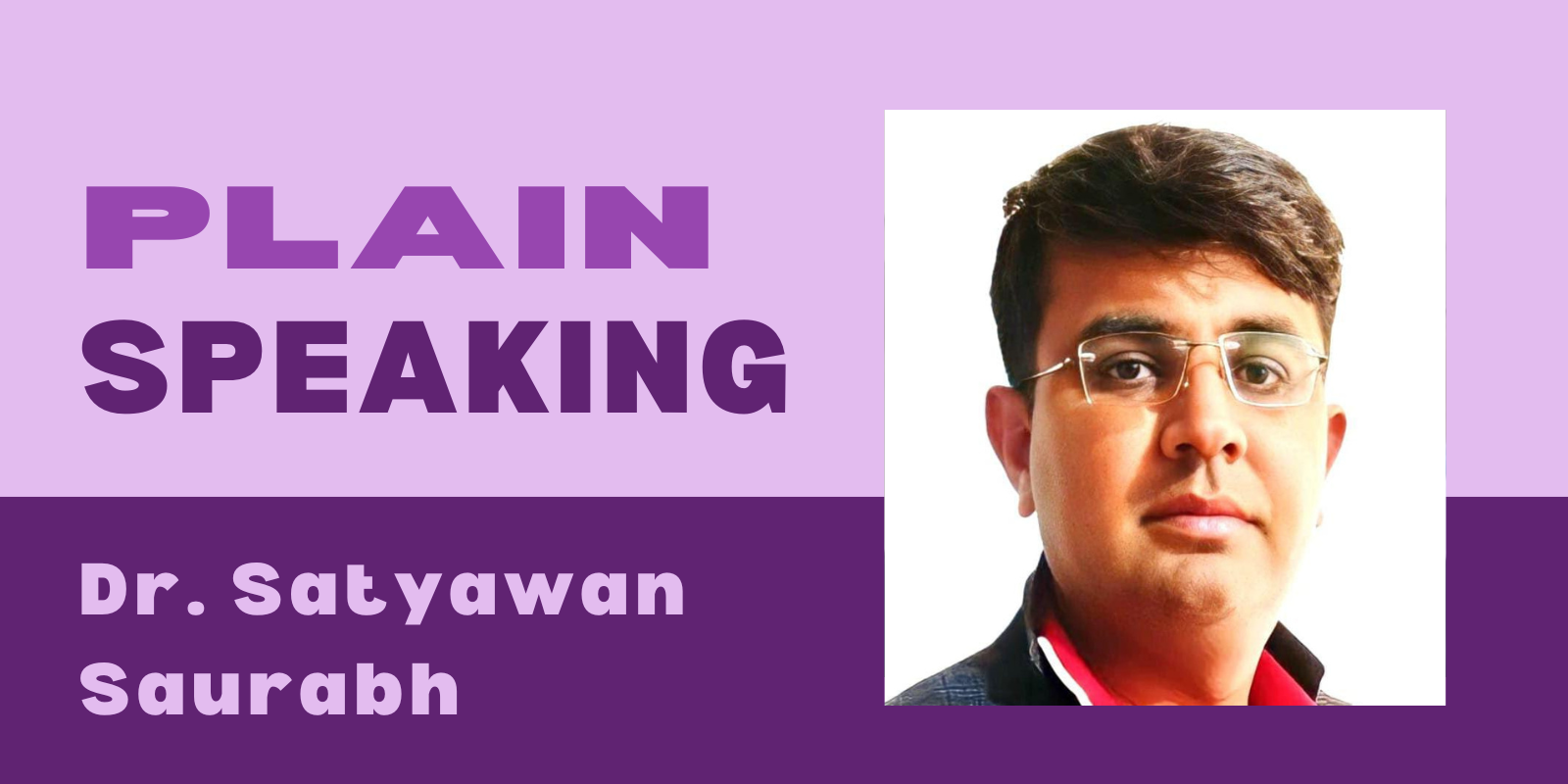Credit to coaching, anonymity to school: How long will this injustice with teachers continue?
Every time a student cracks NEET, JEE, UPSC, or another high-stakes exam, headlines scream the name of the coaching institute they attended. Hoardings, congratulatory posts, and social media ads trumpet the success of “XYZ Institute,” often with zero mention of the student’s school or the teachers who nurtured the child for over a decade.
This public celebration of coaching centres, while schoolteachers remain invisible, is not only unfair—it is morally and socially corrosive. The teacher who first taught that student to read, write, think, question, and solve problems is forgotten. These educators toil in under-resourced schools, often battling administrative duties, low pay, and neglect, yet their role is foundational.
Education was once rooted in the sacred guru-shishya bond. But with the rise of coaching centres, the dynamic has shifted—students are now consumers, teachers are service providers, and education is just another market commodity. Coaching institutes sell “success” as a product, and the schoolteacher is reduced to a background technician.

But let’s ask a fundamental question: is it fair to attribute a student’s success entirely to the coaching they received in the final one or two years? What about the 10–12 years spent in classrooms with dedicated teachers who corrected their grammar, drilled multiplication tables, explained Newton’s laws, and shaped their thinking and personality?
No student cracks the UPSC or JEE in isolation. The journey often begins with a Class 3 poem where a teacher corrects pronunciation, or with a Class 6 math problem that makes abstract numbers tangible. These aren’t glamorous moments. They happen without air-conditioned classrooms, branding, or applause. But these moments build the academic and cognitive base upon which future success rests.
When a successful student credits only their coaching institute in an interview, somewhere, a government school teacher in a dusty village smiles silently. That smile hides unspoken questions: “Was I not part of this journey? Did I not matter?”
Yes, coaching provides targeted exam strategies. But it’s schools that nurture language skills, moral values, curiosity, and awareness. Schools build citizens, not just rank-holders. Coaching is the icing, but schools are the cake.
Yet the narrative has been hijacked. Coaching centres now advertise with slogans like “72 selections from our batch!”, “AIR-1 is our student!”—without ever acknowledging the schools those students came from. No Hindi teacher who explained Premchand, no science teacher who brought Bunsen burners to life, is ever featured. Their contribution is silently erased.
And here lies a tragic irony: the student who spent a decade immersed in school life—prayers, assemblies, library silence, sports, punishments, encouragement—now attributes all his success to two years at a coaching centre. The school becomes a footnote. This is not just forgetfulness; it reflects a warped set of priorities.

Meanwhile, schoolteachers soldier on. Many double up as poll officers, mid-day meal inspectors, and exam invigilators. Still, they find time to mentor students, encourage dreams, and push for excellence. Some quietly request, “Just come back one day, with IAS before your name, and visit your old classroom.”
These teachers are selfless. They don’t crave credit. But silence should not be mistaken for insignificance.
It’s time to change the narrative.
We must launch a cultural correction. Let’s start with a simple practice: whenever a student succeeds, let them publicly name their school and their teachers. The administration should institutionalise this—mandate schools and colleges be mentioned in all official success announcements. Media houses should report not just the coaching institute, but the complete educational journey.
Coaching centres, too, must take moral responsibility to highlight the student’s background, not just appropriate their last-mile effort as brand endorsement. A student is not a commodity. And education is not a transaction.
If this trend continues unchecked, schools will fade into irrelevance, and education will become an exclusive, market-driven service. That would be a national tragedy.
Because a true teacher is like a lamp—burning quietly so the student may shine. But if we ignore the lamp long enough, we risk permanent darkness.
Let us not wait for that day.
This article is dedicated to the real nation-builders:
– The teachers who are not brands, but Brahmas.
– Those who may not run coaching institutes, but shape lives.
– Whose names are absent from headlines, but whose wisdom lives on in every success story.
Now is the time to acknowledge them. Let us name, honour, and remember the real architects of our future.






